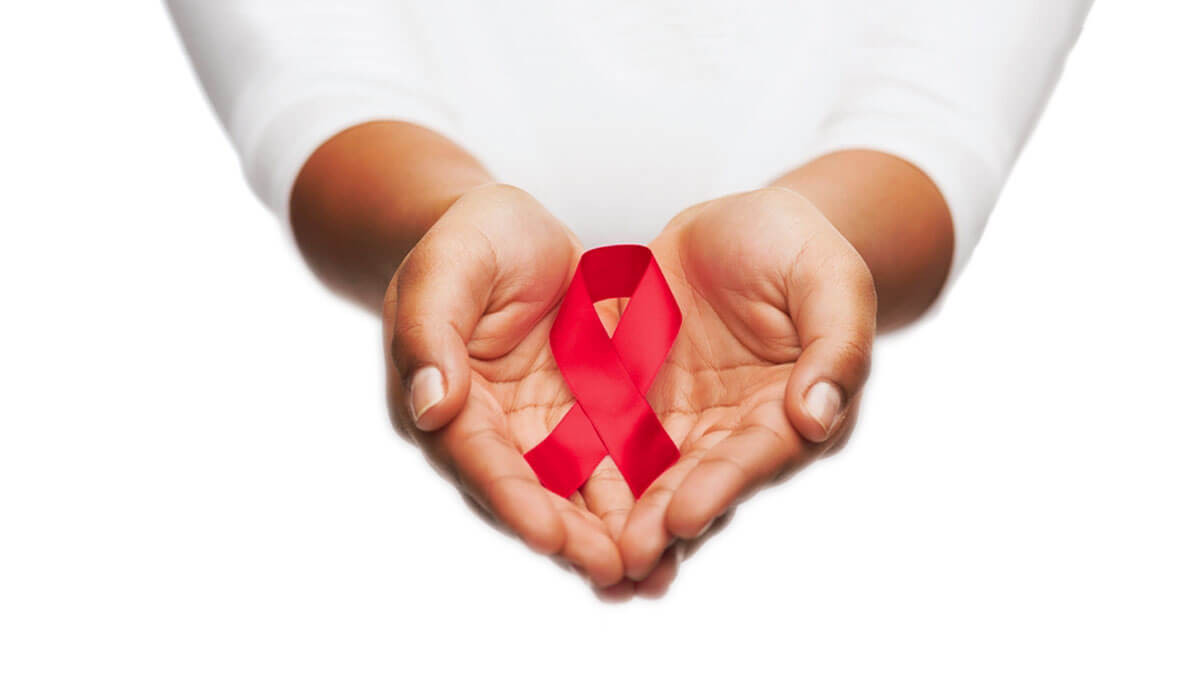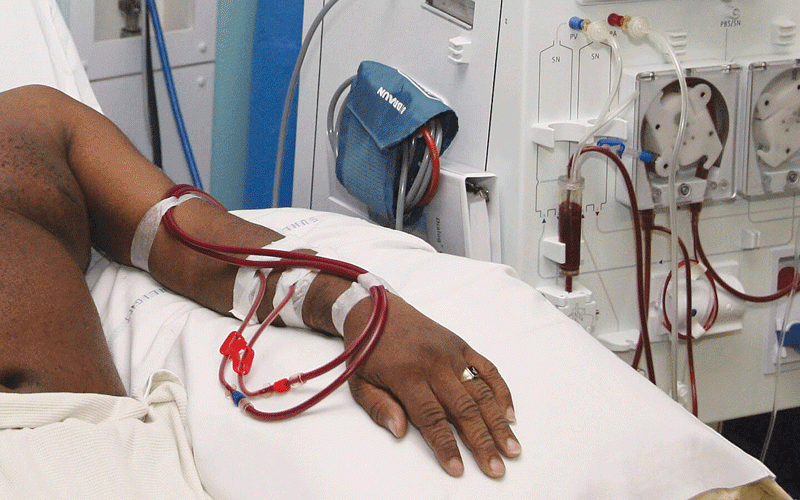
MEMBERS of the Zimbabwe National Network of People Living with HIV (ZNNP+) have called on stakeholders in the healthcare sector to scale up the fight against stigmatisation and discrimination against people living with the condition.
Last Friday, Zimbabwe joined the rest of the world in commemorating World Aids Day following the launch of the Triple Elimination of the Mother to Child Transmission (EMTCT) Plan (2023-2026) the previous day.
Speaking at the 31st Candlelight Memorial commemorative event held in Victoria Falls , ZNNP+ executive director Tatenda Makoni said, at 69,7%, the levels of stigma were too high and required all stakeholders to put their heads together to curb the rot.
“We take this day to remind ourselves and our communities that we matter, that we are more than HIV, that we can love ourselves and be loved. This I say so because The Zimbabwe Stigma Index 2.0 (2022) placed stigma prevalence at 69.7% and internalized stigma being chief among them,” said Makoni.
“That is shocking, it is quite alarming and also unacceptable, so we need to call to action different partners to ensure that we continue to work together to put a halt to stigma and discrimination.”
ZNNP+ vice-chairperson Moreni Masanzu emphasized the need to roll out comprehensive stigma and discrimination initiatives to address one of the largest barriers to ending Aids by 2030.
“We are not left with much time as we head towards ending Aids by 2030, as a result (and) as people living with HIV we call on all stakeholders in the HIV response to work together to address the remaining barriers that may cause us to miss our goal of achieving and maintaining epidemic control,” she said.
“We call on all the relevant stakeholders to commit to the national HIV response by increasing domestic resources, allocation to health services for all people living with HIV and communities considering the declining resources from external sources.”
- Ex-ZNNP boss wins US$31K compensation suit
- An extraordinary tale of perseverance
- Abstinence key to HIV/Aids fight
- World Aids Day: Putting ourselves to the test
Keep Reading
Meanwhile, Zimbabwe intends to reduce mother-to-child transmission of HIV to less than 5% by 2026, Health and Child Care minister Douglas Mombeshora has said.
In a speech read on his behalf at the same event, Mombeshora said Triple EMTCT Plan represents extensive efforts towards eliminating HIV, syphilis, and Hepatitis B.
“The Triple EMTCT Plan represents a comprehensive approach that encompasses prevention, diagnosis, treatment, and support for the three diseases: HIV, syphilis, and Hepatitis B, using an integrated approach,” he said.
“The goal is to reduce mother-to-child transmission of HIV to less than 5% by 2026.”
Mombeshora called on health partners to create synergies and collaborate towards achieving the vision of a new generation of children free from HIV-related infections.
“First and foremost, delivering high quality, integrated, people- centred services lie at the heart of the triple EMTCT Plan. We will continue to prioritize comprehensive sexual and reproductive health services, including access to both short-term and long-term contraceptive options,” he said.











